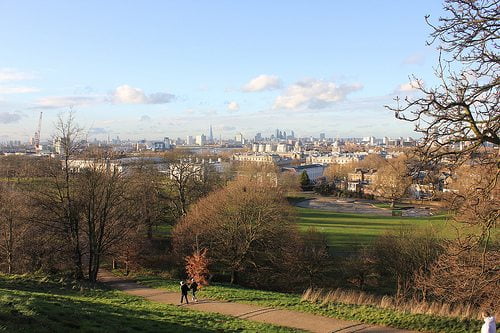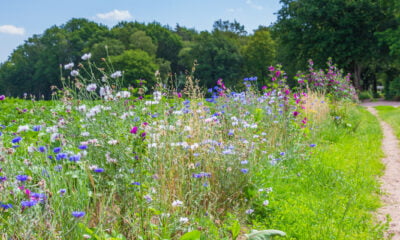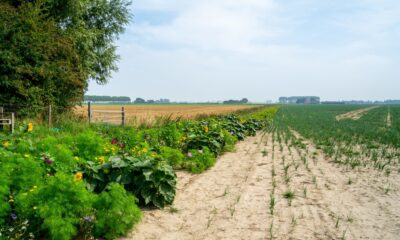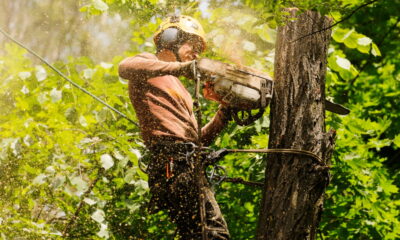

Environment
Green spaces in cities could restore species lost to urbanisation
A new study analysing the impact of urbanisation on biodiversity has found that protecting green spaces and restoring plant species in cities could allow developed areas to retain their flora and fauna.
The work, published in the journal Proceedings of the Royal Society B, gathered lists of plants in 110 cities and lists of birds found in 54 cities from around the world.
“We were interested in plants and birds that were found in all parts of the city – from buildings, roads, vacant lots, brownfields, managed green spaces, and natural green spaces – to understand how cities support biodiversity as a whole”, Dr Myla Aronson, study co-author and research scientist from Rutgers, the State University of New Jersey, told BBC News.
The international research team found that cities retained about 8% of bird species and 25% of plant species when compared to similar areas of undeveloped land.
Though these losses are considerable, the study argued the fact that native species do remain in smaller numbers is reason to be optimistic.
“Typically cities are viewed as concrete jungles which don’t support much biodiversity at all”, added co-author Dr Nick Williams of Melbourne University.
“Our study has found they actually do support a lot of world’s biodiversity, and that biodiversity is remaining as a native biodiversity.”
Aronson said this “opens the door for new policies on regional and global biodiversity conservation”.
She added, “In particular, the study highlights the value of green space in cities, which have become important refuges for native species and migrating wildlife.
“Conserving green spaces, restoring natural plant species and adding biodiversity friendly habitats within urban landscapes could, in turn, support more bird and plant species.”
A separate study, published in January, found that green spaces in urban environments also provide “significant and sustained improvements in mental health” for residents.
Meanwhile, a 2010 report by Forest Research suggested that maintaining green spaces could be beneficial for the local economy, encouraging inward investment and increasing land value.
Further reading:
Urbanisation is only evil when we forget our duty to the environment
Green spaces in cities positively affect mental health
Report: green spaces ‘central’ to successful cities
£250,000 prize for city blueprint that mixes nature with architectural splendour


 Environment12 months ago
Environment12 months agoAre Polymer Banknotes: an Eco-Friendly Trend or a Groundswell?

 Features11 months ago
Features11 months agoEco-Friendly Cryptocurrencies: Sustainable Investment Choices

 Features12 months ago
Features12 months agoEco-Friendly Crypto Traders Must Find the Right Exchange

 Energy11 months ago
Energy11 months agoThe Growing Role of Solar Panels in Ireland’s Energy Future





























